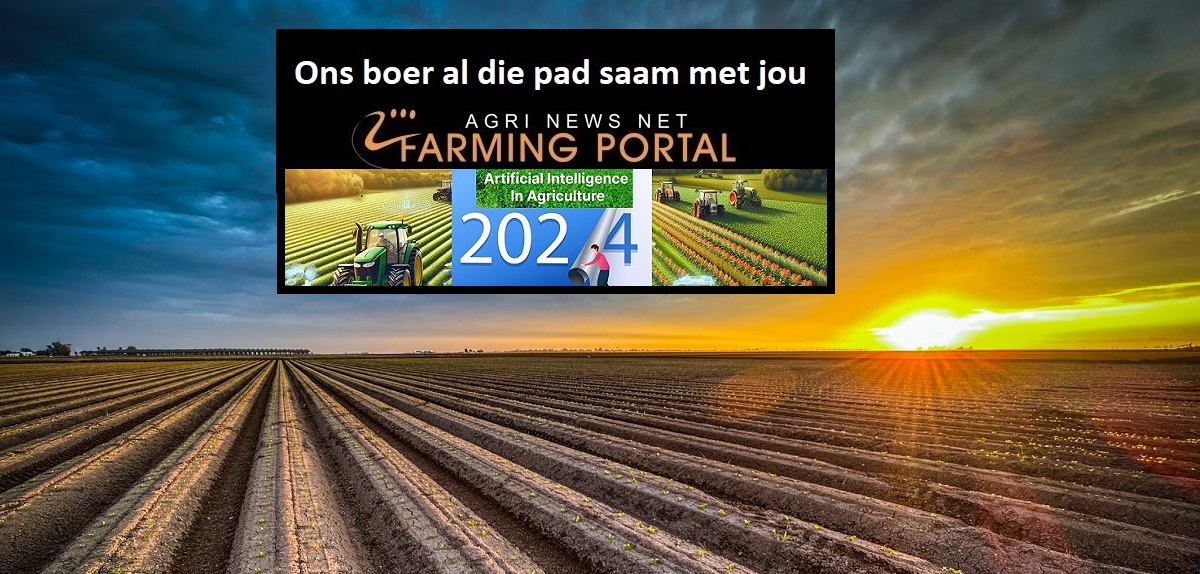With AI continuing to scale up within agriculture, this concern is also gaining more attention in the agricultural community as well. Questions such as “What is the impact of artificial intelligence on jobs within the sector?” and “Will AI take jobs from people in agriculture?” are becoming increasingly common.
While these concerns are normal, especially given the rapid advancements in technology, it’s crucial to look beyond the threat narrative.
Rather than perceiving AI solely as a threat, it’s important to examine three perspectives that highlight the benefits and AI’s potential to empower agronomists and improve agricultural practices.
Muddy Machines Acquires Key Assets and IP from Fox Robotics
As the gap between labor demand and availability continues to widen, the need for innovative solutions becomes more important.
Automation and AI offer crucial support in filling this labor gap. By integrating AI-powered tools, farmers can automate tasks like planting and harvesting, allowing them to allocate limited workforce resources more effectively. In this way, AI doesn’t replace human labor but rather mitigates the gap of labor shortage to get the work done and secure harvests to continue.
The Need for Agronomists in Sustainable Practices
The agriculture sector faces another significant challenge: a declining number of agronomists. Many agricultural universities worldwide are experiencing a drop in applied students, resulting in fewer qualified agronomists entering the field.
A 2015 USDA study projected that the U.S. agriculture and food-science sectors would need around 57,900 college graduates annually, yet ag programs were producing only about 35,400. This shortfall is worsened by an aging workforce, fewer young people entering the field, and increased urbanization.
However, as sustainable farming practices gain importance, the demand for knowledgeable professionals who can educate, and support farmers is growing.
AI presents a scalable solution to this issue. With AI Advisory platforms like AGRIVI AI Engage, farmers today can access tailored advice and guidance on sustainable practices, crop management, and business operations.
This technology not only provides valuable insights but also enables agronomists to extend their reach, assisting a larger number of farmers than ever before.
It’s essential to remember that agronomists will still play a vital role in this AI-driven landscape. They will train and monitor AI systems, ensuring that the advice provided is relevant and actionable. Additionally, agronomists will engage personally with farmers to address complex agronomy situations, nurturing deeper relationships that foster collaboration and trust.
 What’s the impact of artificial intelligence on energy demand?
What’s the impact of artificial intelligence on energy demand?
Agriculture Supply Chains: You Can’t Improve What You Don’t Measure
Although the agrifood industry is starting to embrace different digital solutions, there is one big challenge: securing accurate data. This is particularly crucial for productivity improvements, traceability, sustainability, and compliance, especially when it comes to large number of farms in supply chains. Whether the reason is skill, habit, or capacity at farms, if it doesn’t get resolved, the global progress will be hard and we will see even more people going out of agriculture, as you can’t improve what you don’t measure.
AI can significantly help in addressing this data collection challenge. By enabling remote and automated data gathering, AI systems can help farmers collect critical information without adding to their workload. However, it is important to know that complete automation is not yet feasible for all aspects of the farming process, and some processes still require manual input.
At AGRIVI, we have recognized this need, and we have created additional AI-driven solutions that completely simplify data collection. Our AI Engage platform supports simple data collection by incorporating it in conversation with farmers through channels they use every day such as WhatsApp, Viber, etc. and proactively approaching them to secure regular data collection.
AI Democratizing Access to Technology for Farms of All Size
As we move forward, it’s crucial to ensure that AI technology is accessible to all farmers, regardless of their size or location. Democratizing access to AI means making it available and beneficial, especially to smallholder farmers. However, it is essential to develop AI systems based on Responsible AI principles, prioritizing transparency, fairness, and ethical considerations in every step of the process.
In conclusion, since there is a lot of hype around AI it is understandable that some people may have the fear of AI replacing their job. However, it is necessary to consider another perspective. AI is not a replacement for agronomists; rather, it serves as a powerful tool that mitigates the shortage of labor and agronomists to secure that the work gets done. Additionally, it enhances decision making capabilities and provides enough capacity to secure access to advice to all farms globally.
By addressing labor shortages, supporting the education of new agronomists, and ensuring accurate data collection, AI can empower the agriculture sector to innovate and thrive in the face of challenges. The future of agriculture lies not in fear but in collaboration between humans and technology, paving the way for a more sustainable and productive industry.















